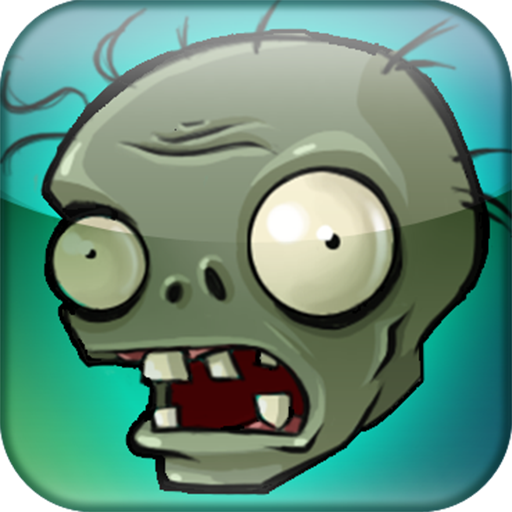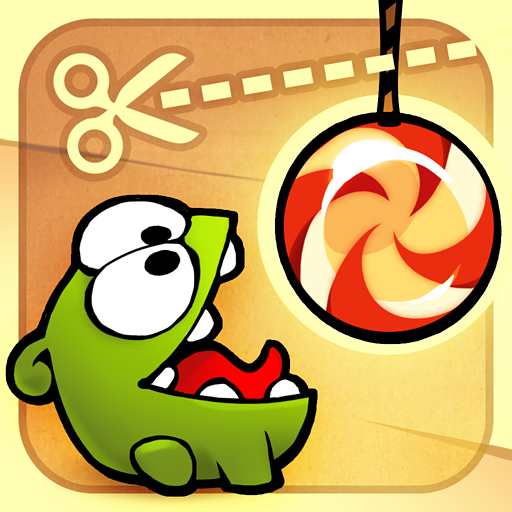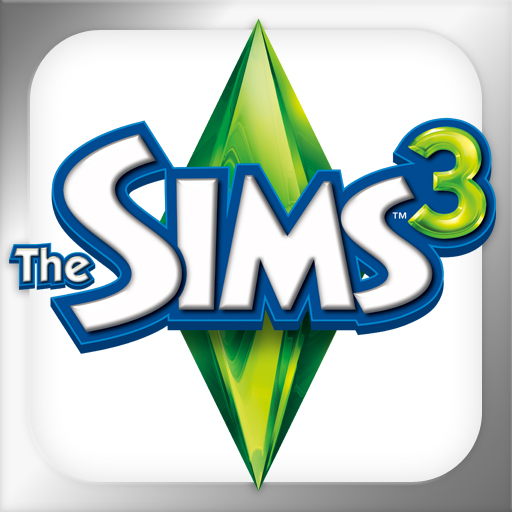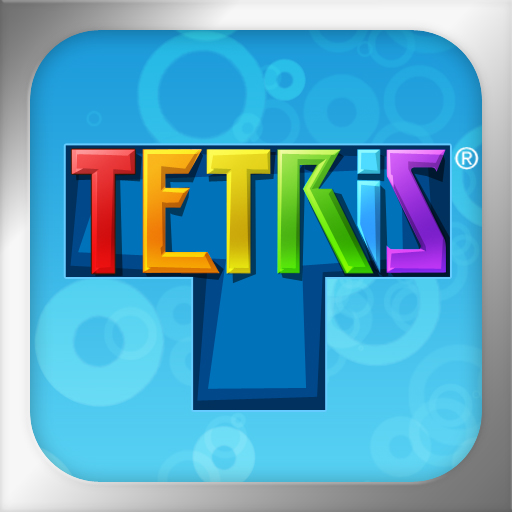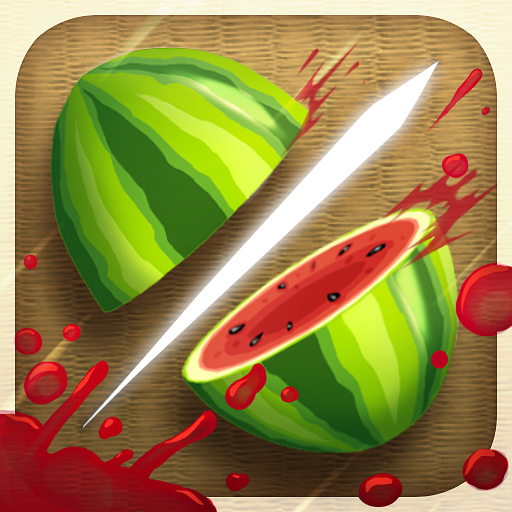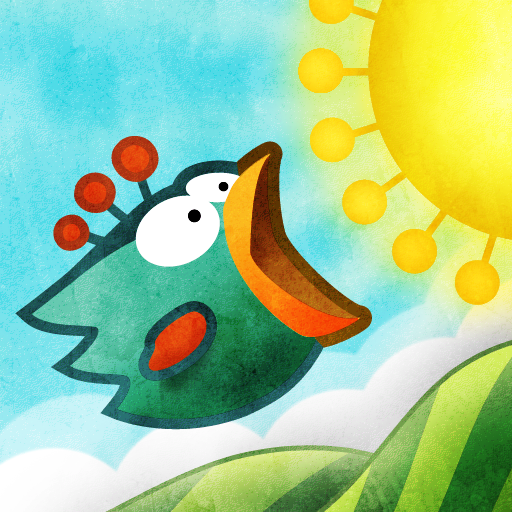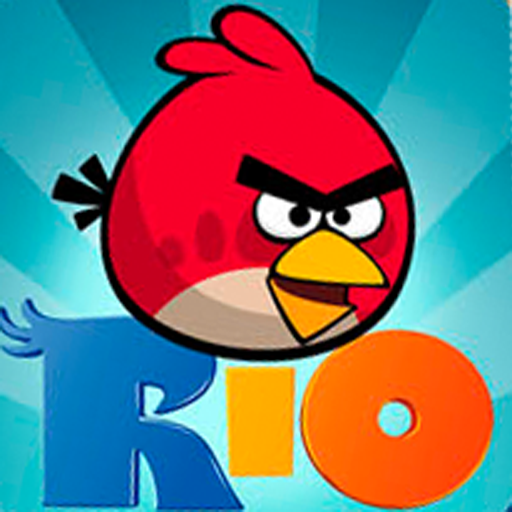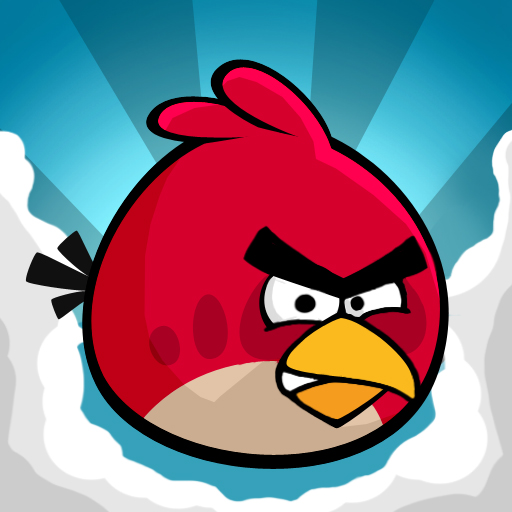
Beware Of Dishonest Androids, For They Make An Awful Mess
June 5, 2011
Droid Life, a well-known Android blog, published a thought-provoking post that looks at the most popular apps across both Google's and Apple's mobile platforms. From this information, the article presumes to compare user types, ultimately promoting the common notion that "power users" choose Android. However, I find the presentation less than compelling.
In the report, iPhone's top-selling apps for June 3, 2011, are quoted thus:
1. Angry Birds 2. Angry Birds Rio 3. Tiny Wings 4. Fruit Ninja 5. Where’s Waldo? The Fantastic Journey 6. Tetris 7. Words With Friends 8. The Sims 3 9. Cut The Rope 10. Plants Vs. ZombiesMeanwhile, the top 10 Android Market apps for the same day are said to be:
1. Beautiful Widgets 2. Rom Manager Premium 3. Root Explorer 4. Fruit Ninja 5. Better Keyboard 6. Robo Defense 7. SetCPU 8. Weatherbug Elite 9. Titanium Backup Pro 10. PowerAMP Full VersionIn his post, contributor Tim-o-tato suggests that, while Android is catching up to iOS in the "quality" app game (which is extremely and convincingly debatable), it still holds one decided advantage over iOS:
Root. The ability to access the phones hidden data, change files, swap themes, etc. And what makes this so powerful in the everyday market aspect, is the fact that the Android Market supports such applications. Where as [iPhone] devices must be jailbroken, then use a separate program called Cydia to use their device to its full potential. Widgets, custom icons, full themes, and installing non App-Store apps is all available once jailbroken. ...For example – The #2 app on the Android Market is ROM Manager. ...Following ROM Manager is a great assortment of Root Access apps. Including #9 Titanium Backup, #7 Set CPU, and #3 Root Explorer. Compared to the list of the top ten iOS applications, it could be presumed that users of the iPhone aren’t concerned about these types of things. Their list is filled with nothing but games. ...So comparing these lists you see a few things. Apple users love them some games. Android users love utility applications, and making their phones very powerful tools. ...Is this what truly makes Android the more powerful “Smart Phone”? You tell us. We felt this was a great way to compare the two.I will tell you: I feel this is a terrible way to compare the two. To begin, claiming root access as an Android selling-point is disingenuous at best. For full root access, an Android handset must first be rooted. The situation is identical for iDevices -- Only the terminology is different. Android users "root," while iOS users "jailbreak." Explains Android Authority's "Rooting for Dummies" guide (bold added for emphasis):
Rooting is the process by which you regain administrative access to your phone. Even though Android is an open source operating system you still don’t have full “root access” to do what you please. ...What became ‘Jailbreaking’ on iPhone was quickly translated to other platforms as well, and when the world saw the first Android back in 2008, the term “Rooting” was born.In other words, that "one major difference" Tim-o-tato cites as being perpetually in Android's favor is more than a little misleading, and -- in light of the quoted facts -- is altogether erroneous and inappropriate. Moving on, let me address the lists themselves. iPhone's 10 most currently popular apps, with the exception of its three leading games -- are extremely fluid and change day to day. In fact, as I write this post in the wee hours of June 5, the list is already quite different from Droid Life's; and, by the time you read this post, it will be different once again. Usually, about half the top-sellers are the results of widely-promoted weekend sales, while several others are new games and iTunes special features. And, since iPhone owners are reportedly far more likely than Android users to pay for content, the average user owns more apps, many of which are obviously bound to be of the gaming genre. (One potentially huge point to consider is that iPod touch apps might be lumped into iPhone's standard top charts, though I have yet to confirm this.) Now, the Android list. Beautiful Widgets is a simple widgets pack, the use of which, admittedly, iOS does not support. The second app, ROM Manager Premium, has the following disclaimer as the description header: "ROOT USERS ONLY!" Jailbroken iPhones have the same apps available in Cydia. Root Explorer is a file management system that replaces the stock Android offering, and Fruit Ninja (fourth) and Robo Defense (sixth) are both games. Fifth is something called Better Keyboard, and we can conclude this is so widely sought-after because Android's native input overlay is nowhere near up to snuff. SetCPU (seventh), again, requires a rooted handset, and Weatherbug Elite (eighth) is the same familiar weather app available for iOS. Ninth, Titanium Backup Pro, also requires rooting, while PowerAMP is a mutli-file music player. In total, three of Android's top 10 apps require root access, two utilize functions currently unavailable to iOS, two exist because of Android's poor stock efforts, and three are games (two of which are cross-platform). A more valid approach Droid Life should have taken in assessing the user-bases of both devices is in comparing Android's top 10 to Cydia's top 10. Furthermore, current top 10s are hardly the most relevant statistics, anyways. A true comparison would have to both be based on all-time best-sellers and either eliminate Android's root apps or include Cydia's store in the matchup. And, without per-handset percentages, Droid Life's numbers mean even less than they already do. After all, they don't even take sideloaded software piracy into account! For me, the superior system is very clear and will be all the clearer some 36 hours hence. Android is good, but comparing simple top-10 lists will never be seen as a valid argument for either camp. The rift is wide and decidedly snide. But I think that's a very good thing.
